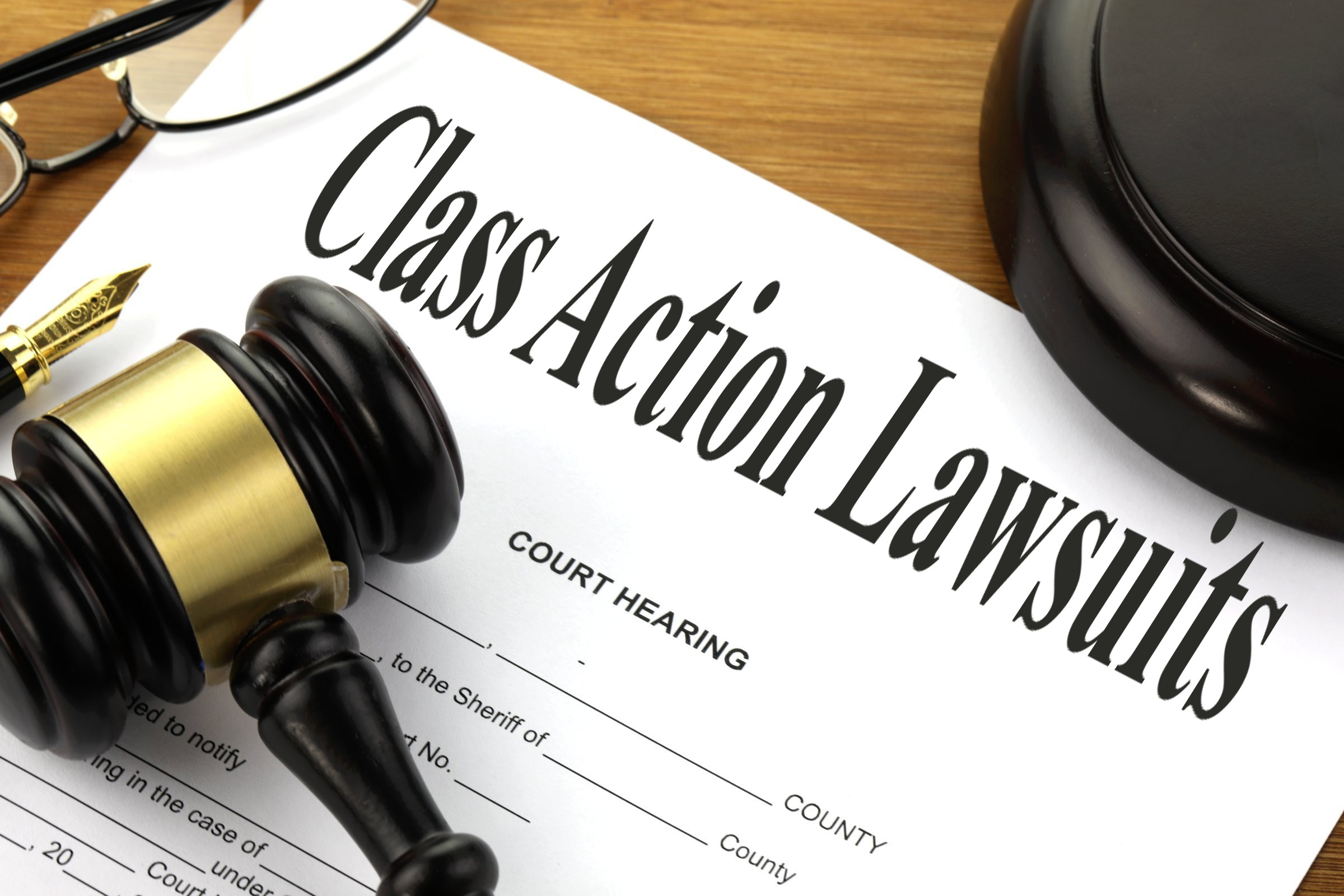Current News on Isaac Hayes: Legal Battle Over "Hold On, I'm Coming"
The legacy of Isaac Hayes, the legendary R&B artist and songwriter, has recently been thrust into the spotlight due to a legal dispute involving his iconic song "Hold On, I'm Coming." The song, co-written by Hayes, has become a focal point in a lawsuit against former President Donald Trump and his campaign. This article delves into the details of the case, the implications for artists' rights, and the reactions from Hayes' family.
Background of the Case
The legal conflict began when Isaac Hayes III, the son of the late artist, publicly demanded that Trump cease using the song at his campaign rallies. Hayes III claimed that the Trump campaign had not obtained the necessary licensing rights to use the song, which led to a lawsuit filed by the Isaac Hayes estate. The estate sought a preliminary injunction to stop the unauthorized use of the song, arguing that it violated copyright laws.
On September 3, 2024, a federal judge in Atlanta ruled in favor of the Hayes estate, ordering the Trump campaign to stop using "Hold On, I'm Coming" at its events. This decision was celebrated by Hayes III, who expressed gratitude for the ruling and emphasized the importance of protecting artists' rights. He stated, "I want this to serve as an opportunity for other artists to come forward that don’t want their music used by Donald Trump or other political entities."
Key Developments in the Lawsuit
Judge's Ruling: The ruling came after a hearing where the judge listened to arguments from both sides. The court found sufficient grounds to issue a preliminary injunction, effectively halting the use of the song at campaign events.
Trump Campaign's Response: Following the ruling, Ronald Coleman, an attorney for Trump, confirmed that the campaign had already ceased using the song. However, it remains unclear whether the campaign will comply with the ruling regarding previously uploaded videos that feature the song.
Financial Demands: In addition to stopping the use of the song, Hayes III has reportedly demanded $3 million in licensing fees from the Trump campaign for the unauthorized use of the song. This demand highlights the financial stakes involved in the case and the broader implications for copyright enforcement in the music industry.
Media Coverage and Public Reaction
The case has garnered significant media attention, with major outlets such as CBS News, ABC News, CNN, and The New York Times covering the developments extensively. The coverage has focused on the implications of the ruling for artists' rights and the ongoing debate over the use of music in political campaigns.

Notable Articles
- CBS News reported on the lawsuit and the judge's ruling, emphasizing the importance of the case for artists' rights.
- ABC News highlighted Hayes III's comments regarding the financial demands and the broader implications for the music industry.
- CNN provided a detailed account of the legal proceedings and the arguments presented by both sides.
Broader Implications for Artists' Rights
This case is not just about a single song; it represents a significant moment in the ongoing struggle for artists' rights in the face of unauthorized use of their work. The ruling serves as a reminder that artists and their estates have the legal right to protect their intellectual property from misuse, especially in politically charged environments.
The Fight for Copyright Protection
The outcome of this case could set a precedent for how similar cases are handled in the future. It underscores the importance of obtaining proper licensing and respecting the rights of artists, particularly when their work is used in a commercial context, such as political campaigns.
Encouragement for Other Artists
Hayes III's statement about wanting this case to inspire other artists to stand up for their rights reflects a growing movement within the music industry. Many artists are becoming more vocal about protecting their work from unauthorized use, and this case could serve as a catalyst for further action.

Conclusion
The legal battle surrounding Isaac Hayes' song "Hold On, I'm Coming" is a significant moment in the intersection of music, politics, and copyright law. As the case unfolds, it will be crucial to monitor its implications for artists' rights and the broader music industry. The ruling not only protects the legacy of Isaac Hayes but also sends a strong message about the importance of respecting artists' intellectual property.
For more information and updates on this developing story, you can follow the links to the articles from major news outlets such as CBS News, ABC News, and CNN.





